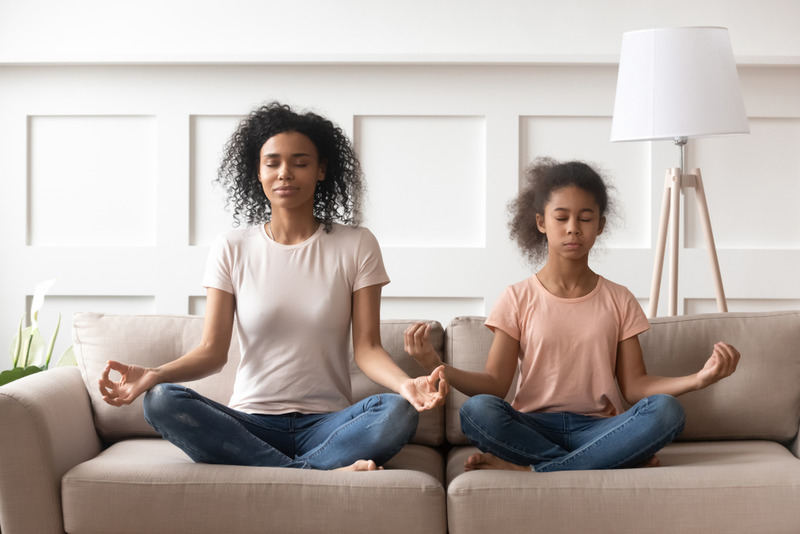ADHD and Your Child: Finding Support
Your teen has ADHD. It may be impacting their school work, home life, and social life to the point of frustration. But, there are ways to find support. Teen support group can help your child develop skills for coping with their ADHD and to connect with others who share a similar experience. Joining group counseling, talk therapy, and practicing mindfulness exercises can improve your teen’s quality of life.
Teen Support Group: Mindfulness Exercises
Implementing a daily practice into your child’s life will increase the chance of progress in them managing their ADHD, as well as influencing a greater wellbeing. Here are a few strategies you can share with your child and join in on too.
- Sitting Meditation:
Find the best time to have a reoccurring meditation session. This can be before a hectic school day, after school, after dinner, or before bed. Have your kid join you in a seated position or on chairs. Instruct them to close their eyes and start to feel themselves sink to the floor. Let them know that although it may be uncomfortable, you are both going to challenge yourselves to sit still for some minutes. After a few moments, tell them to imagine a light flowing through their body from the top of their head to their toes, getting into all the crevices. You can ask them what color their light is in their imagination. Then, inquire about other internal happenings such as if they feel any tension, discomfort, itch, good feelings in their body. You can also check in to see how they are emotionally that day. All of these inquiries can be done out loud as you begin to develop a rhythm. After a few weeks, you can instruct them to answer to themselves only if they prefer.

- Walking Meditation:
If you find a sitting meditation too difficult to commit to or achieve regularly, opt for a walking meditation. Again, figure out the best time to devote a few minutes a day to meditation. Ask your kid to follow you outside or to a room to walk around. Instruct them to loosen their gaze and lower their eyes a bit so that their eyes are relaxed. Walk slowly as if navigating through honey and ask your child to notice the sensations they feel as they lift and press their feet down. Pay attention to their movement. Guide them toward noticing their flow of breath as they walk. You can also have them note the sensations of different textures they step on. If you find it beneficial, you can practice “earthing”, walking barefoot outdoors, to become more conscious of movement. Change up the location occasionally so that they do not get bored.
- Eating Meditation:
After a long day of school, work, and extracurricular activities, it is nice to have quality time with your child. Make a rule to have dinner at the same time everyday (unless something arises) so that you can develop a routine. When you sit to have dinner together, you can share gratitude for having a meal that day and all that made it possible to have it. Ask your child to take in the aromas of the food and their drink and describe them to you. Then you can ask them to become aware of how their drink hits their nostrils then touches their tongue and slides down their throat and into their stomach. Do the same with food, noticing the textures and flavors of their first bites. You can both share your experiences with the food.

